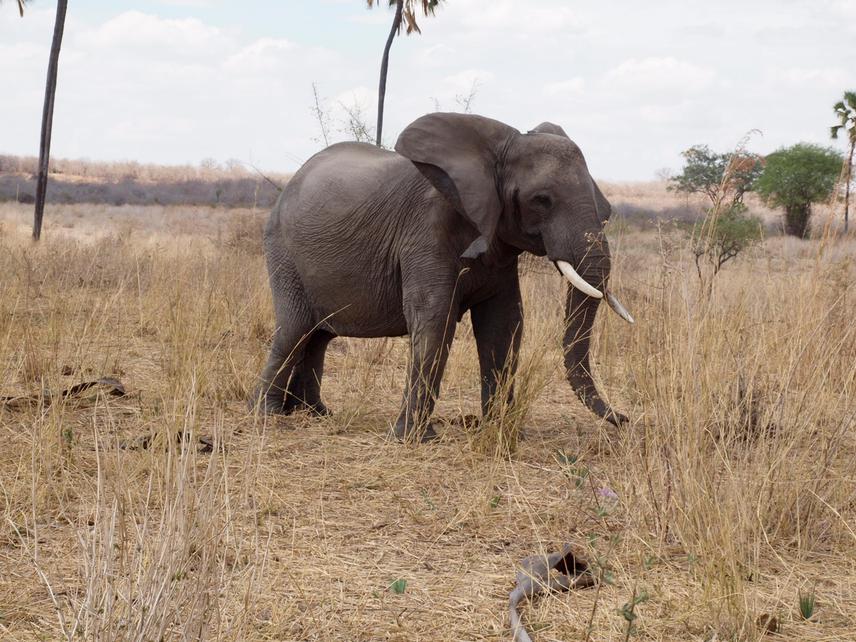Zablon Fataely
Other projects
1 Feb 2025
Enhancing Community-Based Conservation and Sustainable Livelihoods for the Barabaig Pastoralist Community in South-Eastern Ruaha National Park, Tanzania
The proposed project “Reducing traditional elephant killing by Barabaig pastoral community: A case study of South-Eastern Ruaha National Park, Tanzania” aims to address the issue of traditional elephant killing by the Barabaig pastoral community in the South-Eastern Ruaha National Park, Tanzania. The African savanna elephant population has significantly declined over the years, and despite international efforts to prohibit the ivory trade, illegal hunting still poses a great threat. The Barabaig community, in particular, has been associated with elephant killings due to their traditional beliefs that it brings honour and respect. The project seeks to reduce these traditional killings by fulfilling several objectives including to gather data to understand the magnitude of elephant hunting and the factors driving traditional elephant hunting within the Barabaig community. This data will provide valuable insights into the motivations and practices associated with these killings.

African savanna elephants (Loxodanta Africana) at Ruaha National Park. © Zablon Fataely
The project intends to share the research findings and gather additional inputs from conservation stakeholders through a workshop. This collaborative approach will help in developing effective mitigation strategies and engaging all relevant parties in the conservation efforts.
Lastly, the project aims to identify community outreach programs that can be implemented in the future to reduce or halt traditional elephant hunting. By understanding the cultural and social dynamics of the Barabaig community, suitable interventions can be designed to address their beliefs and practices while promoting conservation.
However, the project will utilize a qualitative research approach, including focus group discussions, interviews, and direct observations, to gather data from the Barabaig pastoralists in the study area. The findings will be shared with anti-poaching agencies and other stakeholders to inform conservation planning and management strategies. The project also emphasizes the importance of community engagement and will involve local communities in the development of mitigation measures.
The significance of this project extends beyond the Ruaha landscape, as its findings and approaches may serve as a model for similar initiatives in other regions facing comparable challenges. The research outcomes will be disseminated through international peer-reviewed journals, international conferences, and local Tanzanian forums, ensuring broader publicity and awareness of the project's impact.
Header: African savanna elephants (Loxodanta Africana) at Ruaha National Park. © Zablon Fataely.